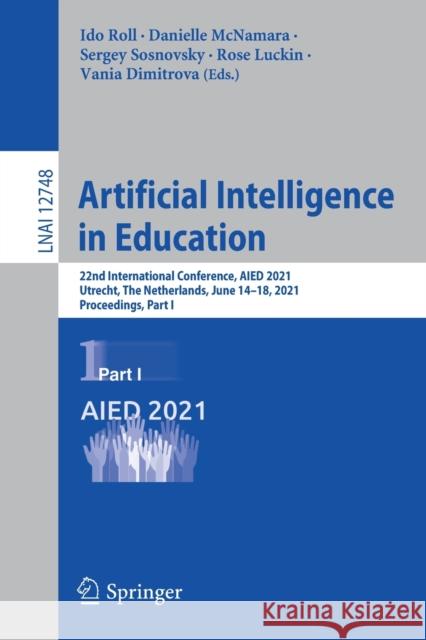Artificial Intelligence in Education: 22nd International Conference, Aied 2021, Utrecht, the Netherlands, June 14-18, 2021, Proceedings, Part I » książka
topmenu
Artificial Intelligence in Education: 22nd International Conference, Aied 2021, Utrecht, the Netherlands, June 14-18, 2021, Proceedings, Part I
ISBN-13: 9783030782917 / Angielski / Miękka / 2021 / 518 str.
Artificial Intelligence in Education: 22nd International Conference, Aied 2021, Utrecht, the Netherlands, June 14-18, 2021, Proceedings, Part I
ISBN-13: 9783030782917 / Angielski / Miękka / 2021 / 518 str.
cena 362,27
(netto: 345,02 VAT: 5%)
Najniższa cena z 30 dni: 346,96
(netto: 345,02 VAT: 5%)
Najniższa cena z 30 dni: 346,96
Termin realizacji zamówienia:
ok. 16-18 dni roboczych.
ok. 16-18 dni roboczych.
Darmowa dostawa!
Kategorie:
Kategorie BISAC:
Wydawca:
Springer
Język:
Angielski
ISBN-13:
9783030782917
Rok wydania:
2021
Wydanie:
2021
Ilość stron:
518
Waga:
0.76 kg
Wymiary:
23.39 x 15.6 x 2.82
Oprawa:
Miękka
Wolumenów:
01
Dodatkowe informacje:
Wydanie ilustrowane











